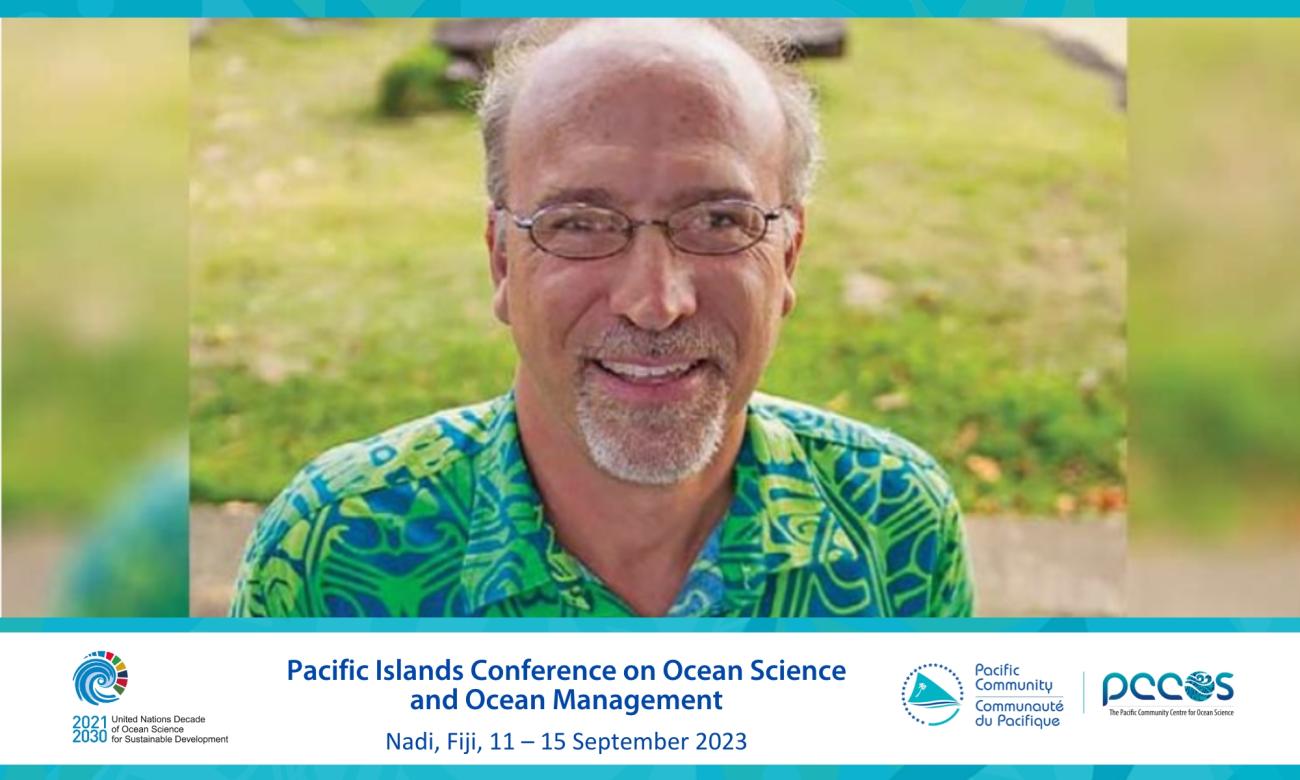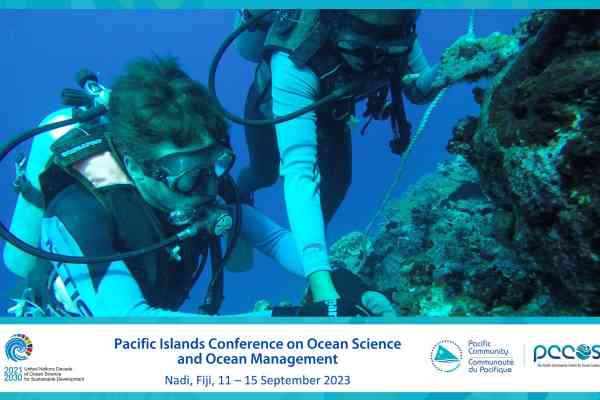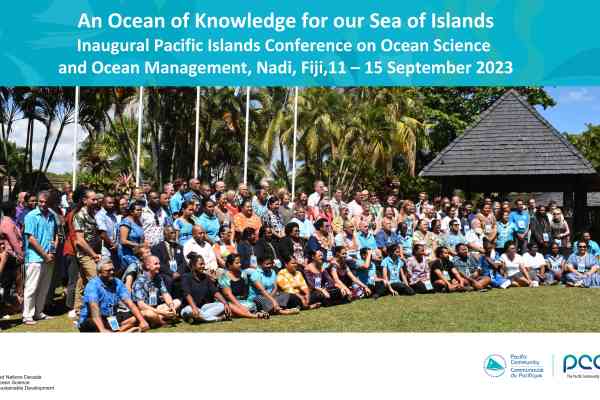“Japan has provided transparency and allowed for active engagement in the assessment of this situation and the solutions it has developed,” Mr Rabuka said.
A coral reef ecologist, who has worked in Fiji for more than two decades, has called on Pacific Island leaders to challenge the science guiding a decision to discharge treated nuclear water from the Fukushima power plant into the Pacific Ocean.
Victor Bonito, who is also the director of Reef Explorer Fiji, said there was a need to study the science, figure out who funded that science and its motives.
“To me in the end, the real problem is we need to stop treating our ocean like a dumping ground,” Mr Bonito said during an interview at the sidelines of the Pacific Islands Conference on Ocean Science and Ocean Management in Nadi yesterday.
“We have been dumping things in the ocean for centuries; we have more plastics than fish in the ocean now,” he said.
“We got heavy metals and poison in some of the fish that we eat, this comes from the air and some of the discharge through the air into the water.
“Again, we need to start thinking about our waste, we have to start thinking about where things end up and we need to stop making our ocean a dumping ground.
“We expect to get food out of it, expecting the ecosystem service we get from it then we can’t treat it like a dumping ground. Whether it is at low levels, it is the idea of death by a thousand cuts.”
Death by a thousand cuts in this context refers to lots of small bad things happening, none of which are fatal in themselves, but add up to a slow and painful demise of marine organisms.
“The science has set standards for discharge levels, amount that can be discharged, what can be discharged, these to me are new answers that people can play around with to make it look like there is a serious effort going on for something, there is a concern over something,” he said.

Participants of the Pacific Islands Conference on Ocean Science and Ocean Management at the Tanoa International Hotel in Nadi on September 11, 2023. Photo: SPC
“Radiation is not something that goes away quickly, we know it takes time.
“Even though things get diluted when they get dumped in, I think ultimately in the end, like I said, a death by a thousand cuts.
“There are plastics here, there is heavy metals there and all these things will ultimately disrupt the ecosystem.”
He said there was no safe level of pollution; everything discharged into the ocean would have an impact on biodiversity.
“I think science-based decision is good, but we should actually question the science, we need to question the policies and look more closely at them,” he said.
“We cannot continue to treat the ocean as a dumping ground, if we did that in our own compound or around the house, it becomes inhabitable.
“Why are we doing this to our ocean, which we turn to for food and all kinds of other services?”
In Parliament on Monday, Prime Minister Sitiveni Rabuka maintained his stance that the scientific evidence, technological advancements, economic considerations, and global precedents collectively support the understanding that the discharge was safe.
“Japan has provided transparency and allowed for active engagement in the assessment of this situation and the solutions it has developed,” Mr Rabuka said.
Mr Rabuka called on Fijians to focus on other pressing environmental issues such as plastic pollution.
*****
Inoke Rabonu was a participant/fellow of The Pacific Community (SPC), Pacific Islands News Association (PINA), Fiji Media Association (FMA) and Internews Earth Journalism Network Ocean Science and Ocean Management Media Masterclass in September 2023 in Nadi, Fiji.



